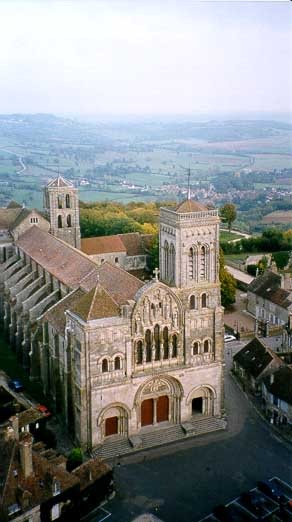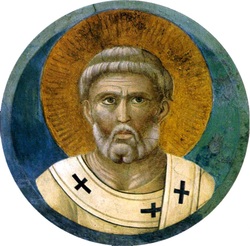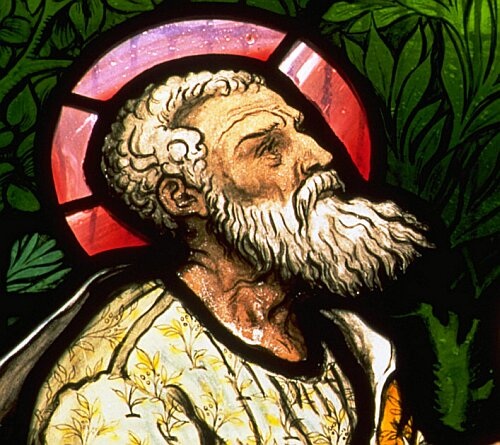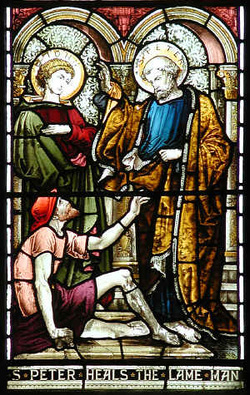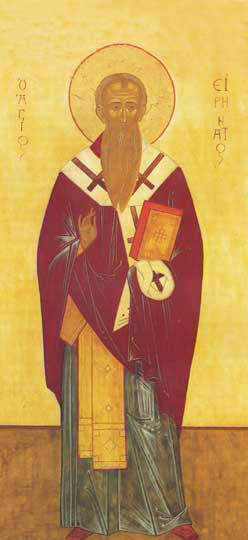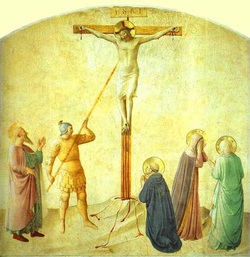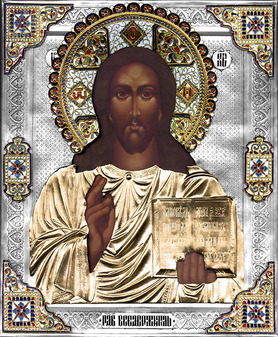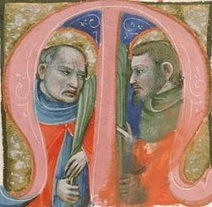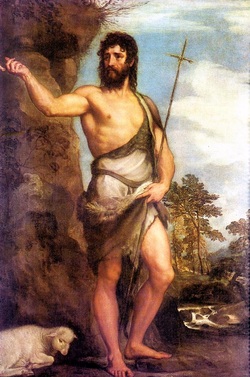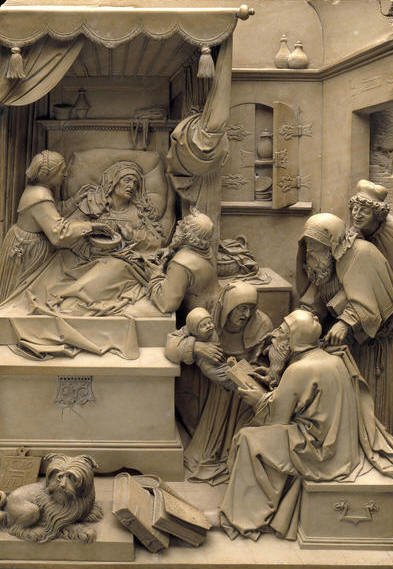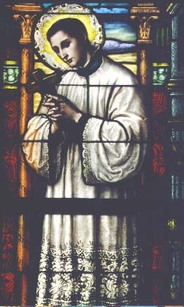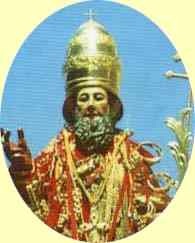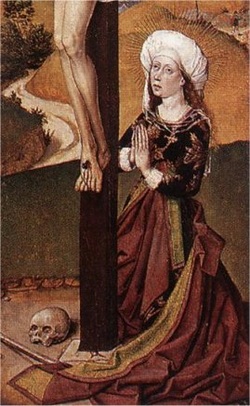
At first when she sought him, she found him not; she went on searching, and so it came to pass that she found him; and this was so, to the end that her longing might grow in earnestness, and so in its earnestness might find what it sought. Hence is it that the Bride in the Song of Songs saith as representing the Church: By night on my bed I sought him whom my soul loveth. We seek on our bed for him whom our soul loveth, when, having got some little rest in this world, we still sigh for the Presence of our Redeemer; but it is by night that we so seek him, for though our mind may be on the alert for him, yet still he is hidden from our eyes by the darkness that
But if we find not him whom our soul loveth, it remaineth that we should rise and go about the city, that is, by thought and questioning, go through the holy Church of the elect: seek him in the streets, and in the broad ways, that is, walk anxiously looking about us both in the narrow and the broad places, that if we can, we may find his footsteps there; for there are some even of those who live for the world, from whom something may be learnt to be imitated by a godly man. As we thus go wakefully about, the watchmen, that keep the city, find us; the holy Fathers, who are the watchmen of the bulwarks of the Church, come to meet our good endeavours, and to teach us either by their words or by their writings. And it needeth but a little to pass from them, but we find him whom our soul loveth: for albeit our Redeemer in lowliness became a man among men, yet by right of his Divine Nature, he is still above men.
